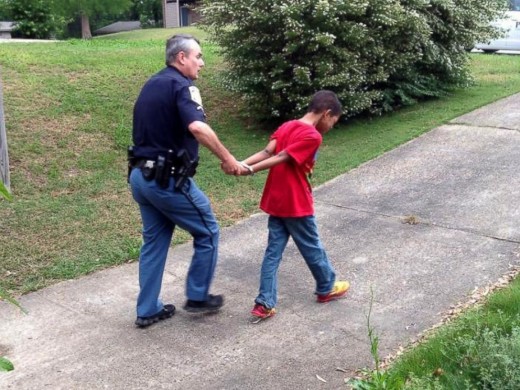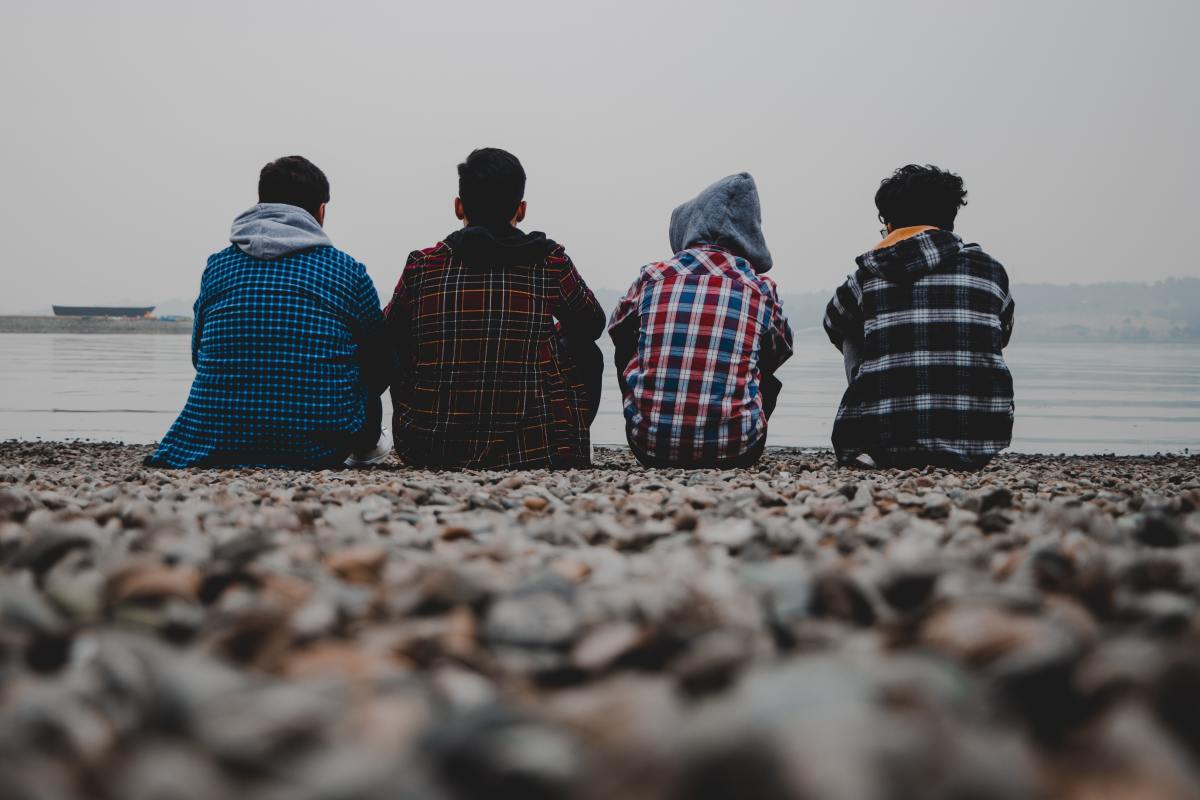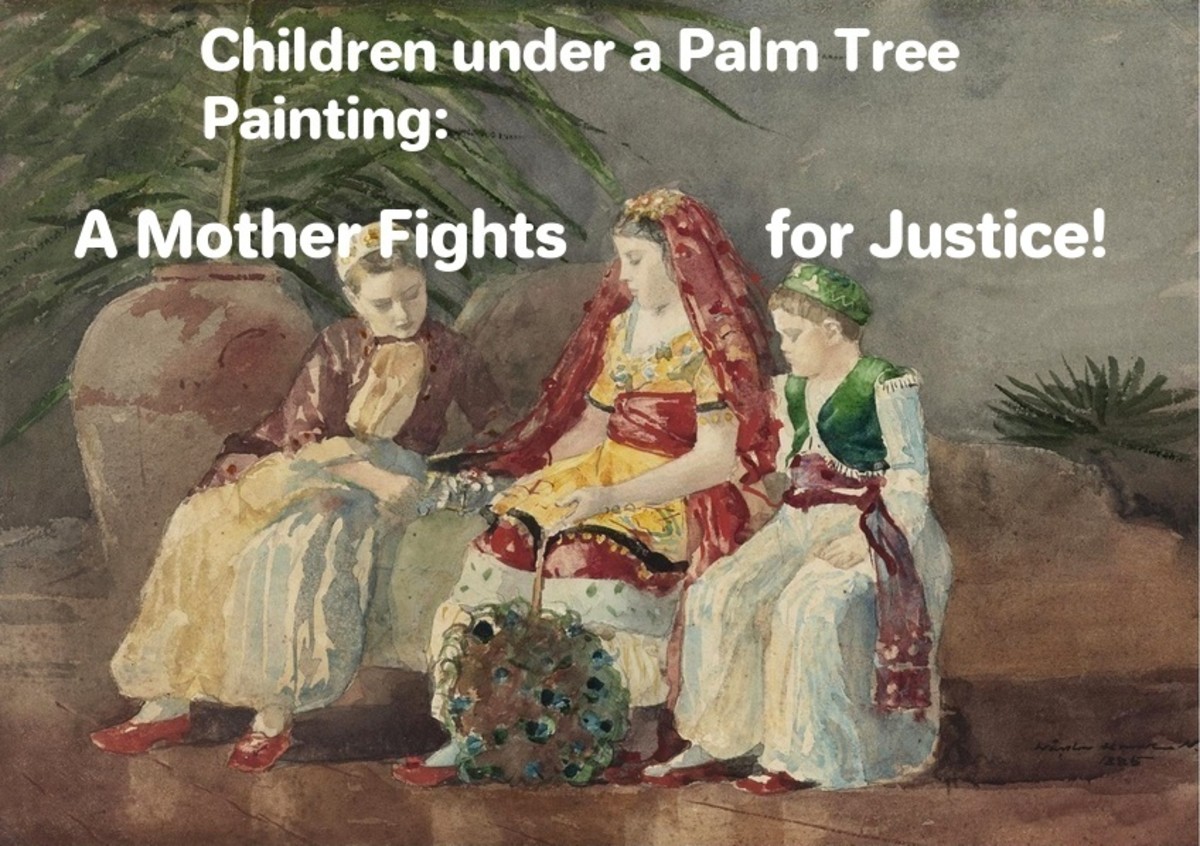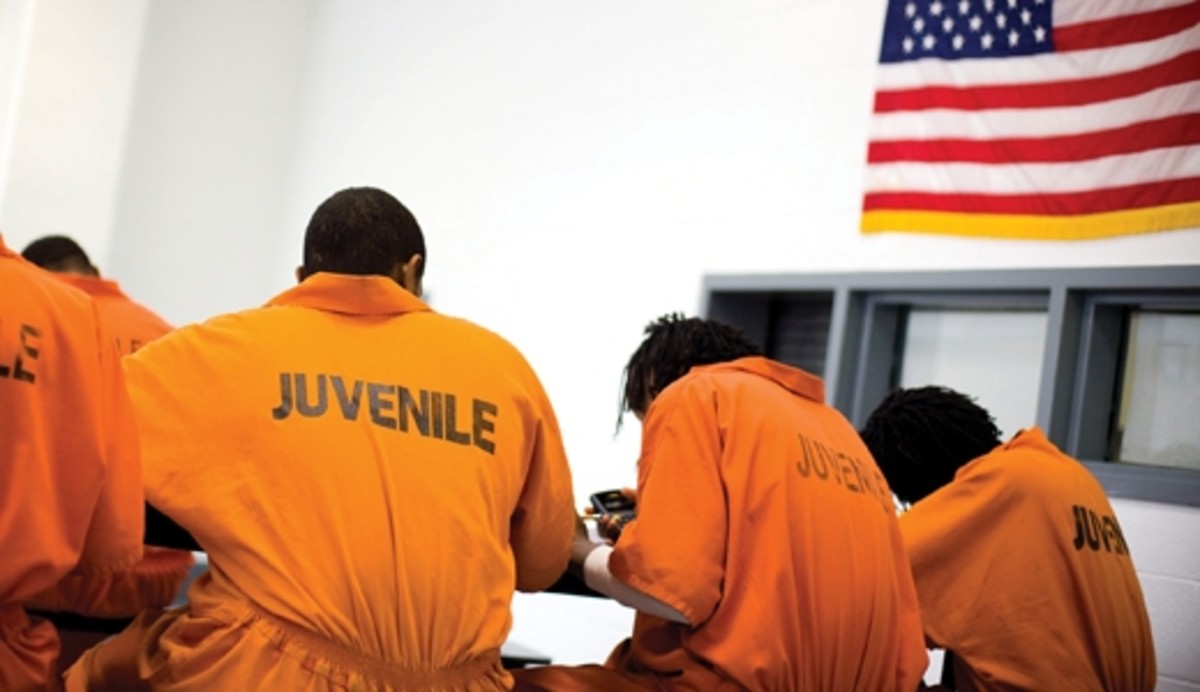Massachusetts Passes Law Against Arrest of Children Under 12

In Tennessee in 2016, town police came to an elementary school and placed handcuffs on the small wrists of several children ages 6 to 11. The reason? Video had surfaced of the children in essentially a schoolyard fight after a basketball game, after which the children broke up and went about their business.
In Baltimore, three 9-year-old girls and an 8-year-old boy were shackled inside Morrell Park Elementary School, after bullying and fighting incidents, in chains that hardly fit them.
Taking action against a troubling trend seen nationwide of placing young children in handcuffs for a variety of infractions including disorderly conduct, Massachusetts has now become one of seven states which removes children under 12 from the court system, and treats troubled children as candidates for counseling and work with the parents.
In a press release, Citizens for Juvenile Justice, a member of the National Juvenile Justice Network, said of the law:
"The broad range of issues tackled in the legislation ranged from preventing children’s entry into the legal system to ensuring developmentally appropriate policies for justice-involved youth. "
Key among the new strictures in the bill is the removal of children under 12 from the criminal justice system altogether. The press release states that:
"Children under the age of 12 will now be excluded from the legal system altogether, aligning Massachusetts with international standards. Before this bill passed, youth as young as 7 could be arrested and brought to court, and most of the children under the age of 12 who were arrested were brought to court on low level offenses. This bill sets Massachusetts as a leader in the country on this issue."
The bill also places a strong focus on expunging the records of children, in order to prevent the stigmatization of children at a very young age.
In 2013 ABC News reported:
"The Florida Department of Juvenile Justice reported that more than 100 children aged 5 and 6 have been arrested in Florida in the past 12 months."
The Citizens for Juvenile Justice also seeks to shift the age group of 18 to 20 year-olds out of the adult system, and into the juvenile courts. The groups notes in an informational circular used in the lobbying effort for the new law that is has been shown that the young adult brain "is highly amenable to rehabilitation." It states:
"This development is influenced - positively or negatively - by their environment."
The Massachusetts law seems to be part of a nationwide soul-searching over the efficacy of stressing punishment over attempts at rehabilitation for children and young adults. Most of those who find themselves in trouble are overwhelmingly from troubled backgrounds, such as victims of domestic abuse. In an effort to address an alarmingly increasing number of school expulsions, in pioneering experiments in 2009, San Francisco sought new remedies. In an article "Can Restorative Justice Stop the Schoolhouse-to-Jailhouse Pipeline?" the reporter wrote:
"Instead of being kicked out for fighting, stealing, talking back, or other disruptive behavior, public school students in San Francisco are being asked to listen to each other, write letters of apology, work out solutions with the help of parents and educators, or engage in community service. All these practices fall under the umbrella of “restorative justice”—asking wrongdoers to make amends before resorting to punishment."
The present trend reverses what has been an opposite tendency in recent decades to treat children as adults in the criminal justice system at an earlier and earlier age, which, children's advocates contend, only reinforces the worst kinds of behaviors and places children accused of non-violent offenses in dangerous and violent environments. Perhaps the most famous case of a child caught in the maw of the justice system for juveniles is that of Kalief Browder.
Arrested at the age of 16 for allegedly stealing a 40 dollar backpack in New York, which Browder, a young black man, always steadfastly denied, Browder spent years on Riker's IIsland in New York awaiting trial, the whole time suffering beatings by both gang members and guards, enforced isolation, and unbearable conditions. After three years all charges were suddenly dropped and Browder was released. But the psychological damage was done. At age 21, Browder told his story on national television as part of his effort to shed light on the issue of massive injustice in the juvenile system, telling audiences that what happened to him "happens all the time." Soon after, unable to free himself of his nightmares, Browder took his own life.









